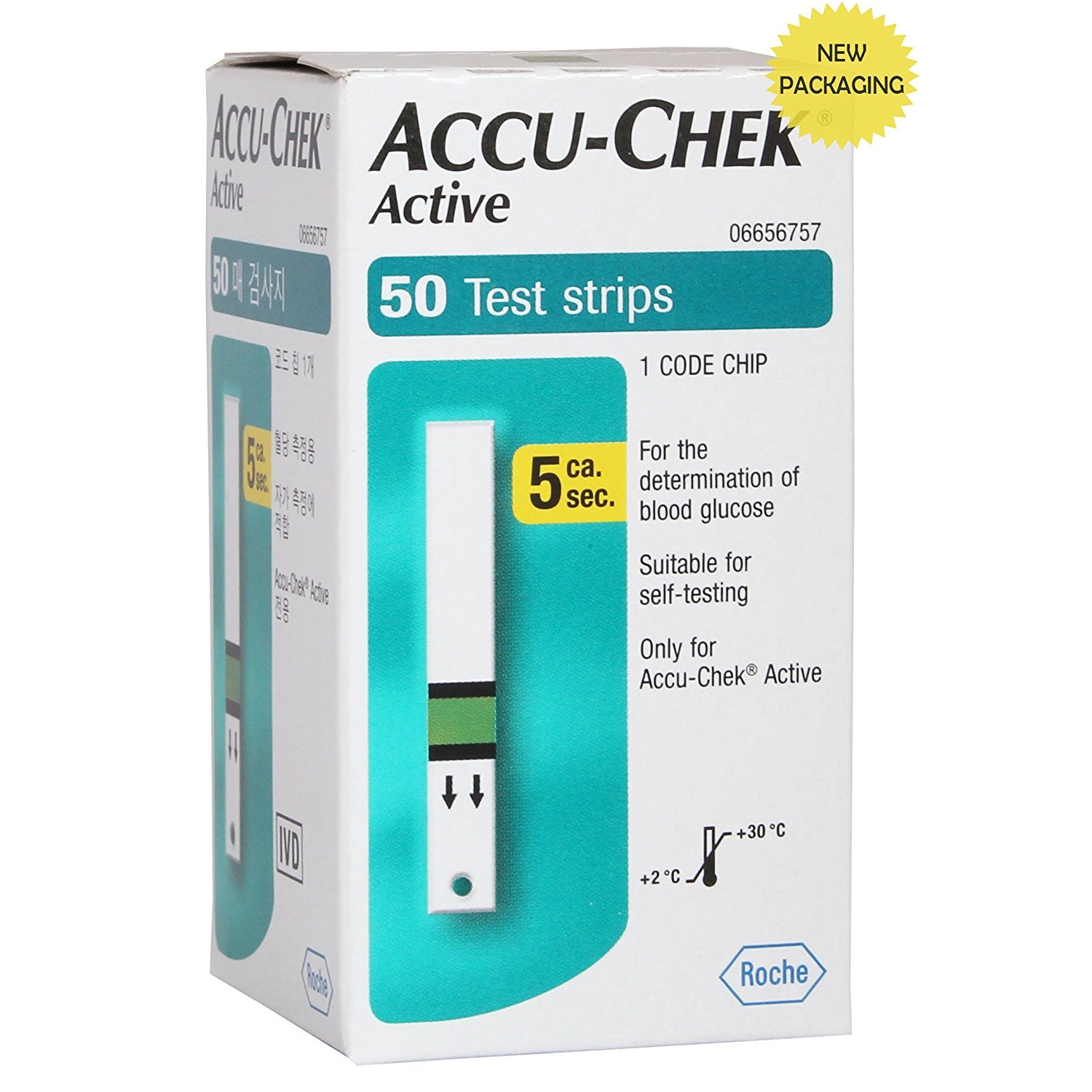
They may suggest that you test your blood sugar at any of the following times: You and your healthcare team will determine when you should check your blood sugar based on your current health, age and level of activity, as well as the time of day and other factors. If you take another kind of medication, test your blood sugar level as often as your healthcare team recommends. 1 Routine or daily blood glucose testingįor people using an insulin pump or insulin injections throughout the day, the ADA recommends testing multiple times daily.

The American Diabetes Association (ADA) recommends that you routinely test blood sugar levels to aid in managing your diabetes. When to test blood sugarĬhecking your blood glucose as recommended can help you see how your meals, medications and activities affect your blood sugar. Each person is different, so your doctor will review your unique case and recommend the right solution to help you monitor your blood sugar effectively. There are also hybrid monitors called “flash glucose meters” (FGMs) that can monitor blood glucose continuously and offer instant readings. Others use continuous glucose monitors (CGMs) that are either implanted in their bodies or attached to them.

Some people use glucose meters with test strips and blood drawn from their fingertips for instant measurements. There are many ways to monitor blood sugar. If your blood sugar (or “blood glucose”) levels get too high or too low, it can drastically alter your mood, your well-being, and even your long-term health. When it comes to managing diabetes, it is all about blood sugar.


 0 kommentar(er)
0 kommentar(er)
